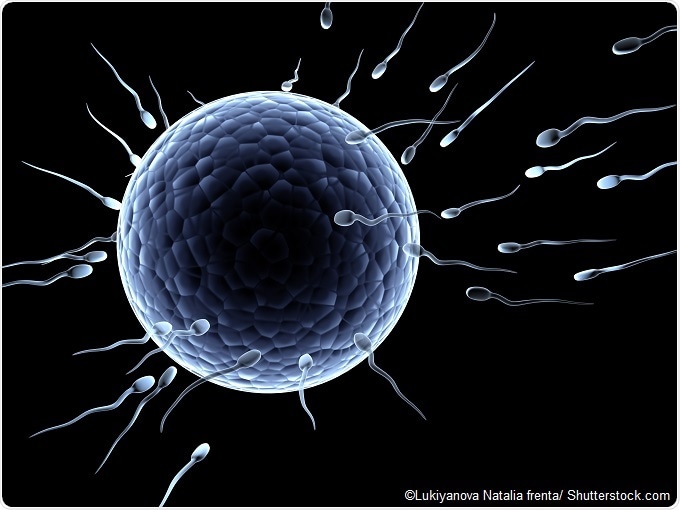Jul 3 2017
A new study of IVF couples, conducted in the USA, finds the effects of the age of male partners in cumulative live birth outcomes. The results clearly state that there can be a significant reduction in the chances of live births owing to the increased age of the male partner, also seen with certain younger female age groups whose age has less potency on the effects.
Unlike women, men have no menopause or evident and predictable reduction of fertility. Thus, in predicting a couple’s chances of conception in both natural and assisted pregnancies, the female’s age is considered as the dominant factor. Although there have been previous studies that have shown chances of natural conception to be affected by the male partner’s age, certain celebrity examples have kept alive the notion of everlasting male fertility.

This study calculated the cumulative incidence of live births and is the first of its kind to allow the simultaneous calculation of male and female ages by stratifying the ages into various bands.
"Our study found an independent effect of male age on the cumulative incidence of live birth," said investigator Dr. Laura Dodge from Beth Israel Deaconess Medical Center and Harvard Medical School, Boston, USA. The study's results are expected to be presented at the 33rd Annual Meeting of ESHREin Geneva on Tuesday by Dr. Dodge.
In the study, analysis of nearly 19,000 IVF cycles were performed between the years 2000 and 2014 on 7,753 couples in a large IVF center in Boston region. The stratification of the female ages was under four bands—30, 30–35, 35–40, and 40–42 years, whereas the male age stratification included an additional band of 42 and above.
The measurements from up to six cycles gave an anticipated result of the lowest rate of cumulative live birth among couples with the female partner in the age group of 40–42; here, the lack of impact of the male partner’s age indicates the dominant disadvantageous nature of female age. Yet, the male partner’s age has a significant effect on the cumulative occurrence of live birth in other female bands and a decline by increase in the male’s age was also noticed.
For instance, in couples where the female falls under the band of “under 30” and male partner in “40-42,” the rate of cumulative incidence was significantly low (46%), whereas for the same band of females with a male partner aged 30–35, the rate was 73%. Likewise, a higher rate of live birth was seen in couples with younger male partners for females under the age group of 35–40 years (30% relative improvement than partners with the same age) than older ones.
Dr. Dodge said: "Where we see significant decreases in the cumulative incidence of live birth is among women with male partners in the older age bands. For women age 30-35 having a partner who is older than they are is associated with approximately 11% relative decreases in cumulative incidence of live birth - from 70% to 64% - when compared to having a male partner within their same age band."
Dr. Dodge, commenting on the results, explained that increased male age is related with decreased incidence of pregnancy, increased time to pregnancy, and increased risk of miscarriage in natural conception. She added that even though the mechanisms are unclear, fertilization, implantation, and embryo development may be affected with impaired semen parameters, increased DNA damage, and epigenetic alterations in sperm.
The results of this study along with many previous studies conclude that the female partner’s age still has a bigger impact on fertility than the male partner’s age. “When we looked at the effect of female age alone, we saw a 46% relative decrease from ages under 30 to 40-42, but when we looked at male age alone, we saw a 20% relative decrease over the same age span," explained Dr. Dodge.
On the question of whether men with younger female partners can do anything to compensate for the effects of age in IVF, Dr. Dodge said that it is hard to comment without the precise mechanisms involved. “Most preconception advice for men focuses on semen quality, though studies suggest that this likely cannot fully ameliorate the effects of male reproductive ageing. So in the absence of clear evidence of the mechanisms, the best preconception advice we can offer is to maintain a healthy lifestyle."
Source:
https://eurekalert.org/pub_releases/2017-07/esoh-dri062817.php